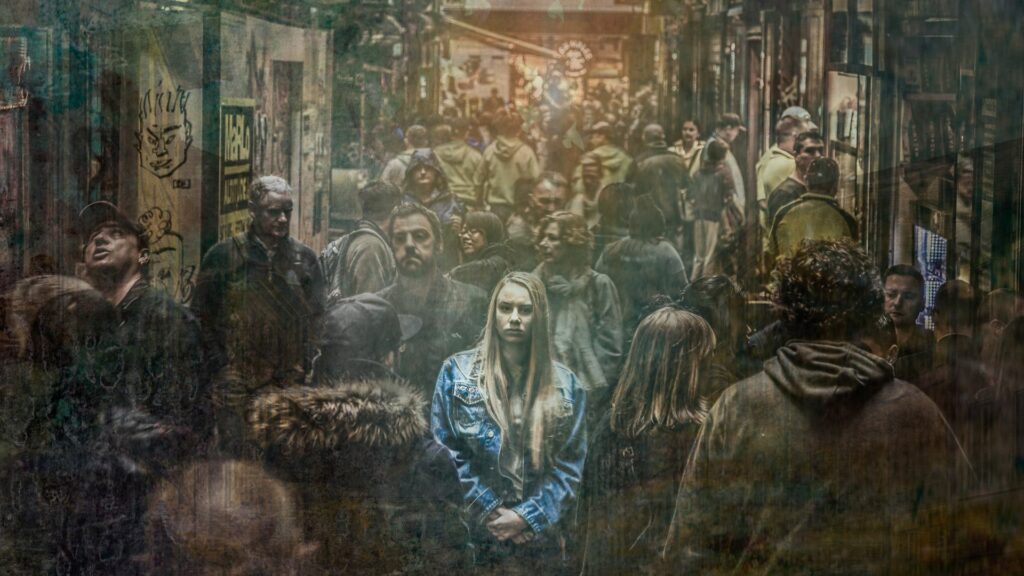Depression, anxiety, fatigue... Recent studies published by the Harvard Business Review point to the emergence of a crisis among 25–30-year-olds.
People who experience such a crisis have feelings of being lost and depressed, they feel stuck in their lives, uncomfortable in their skin and feel that they are not - or no longer - in their rightful place. 30 years ago, the average age of onset of this depression was 48-50 years. Now the average age has dropped to 25-28 years.
Young adults are caught up in a certain ambiguity that they feel and experience: they become autonomous and have their first job, and at the same time, they are still treated like children by their parents, especially as long as they are not married and do not have children. This is all the truer when that person is getting older and doesn’t yet have their first child or a serious relationship when their peers do.
There is also instability in their lives. It is the time of the first painful separations; the departure of the parental home or the place they grew up in with old friends.
Feeling stuck or drifting
Young people may feel stuck in their jobs, because they feel that they have not quite chosen the right path studies, but they feel they have been pushed and influenced by family expectations. They can also be trapped in a romantic relationship that dates back to their teenage years and may now have run its path.
On the contrary, they may have the feeling of not finding their place in the world, of not knowing what they want to do in life, of drifting.

Credit: Canva.
Today's young people experience eco-anxiety (anxiety around the ecological issues of climate change and the energy crisis) in a particularly intense way because they feel they are inheriting a world in distress. The Covid-19 crisis has also played a role in social isolation and loss of bearings.
Left to our own devices, people can become isolated, depressed, remain alone with their concerns, and develop a feeling of hopelessness. This risks the development of psychological disorders such as depression, dark thoughts, and anxiety attacks. In these cases, it is important to seek professional help.
There are several positive options advocated by mental health experts. This time of flux and uncertainty can be used as an opportunity for growth and a chance to exploit our curiosity and capacity for exploration, a typical urge at this age. We can become aware of this crisis and take advantage of it to work on ourselves alone or accompanied.
A positive outlook
Alone or with help, it can also provide an opportunity to examine and accept our emotions, both pleasant and unpleasant. Understanding that these are a part of life and the same for everyone helps us to realise that it's perfectly normal to have unpleasant emotions and it's not especially a sign that you're missing something in your life.
Related News
- Mental health services not equipped to meet growing demand in Belgium
- Week-long focus on the mental health of young people in October
It can be a time of empowerment when changes made under your control can alter the direction of your life for the better. Accepting these emotions without judgment or trying to deny them, can lead to revelations: what does this emotion teach me about myself, what do I need and where and how can I find it?
The most important message, however, is that you are never alone and there are always people who will listen and help if they can – and that you are not the only one experiencing these challenges.

